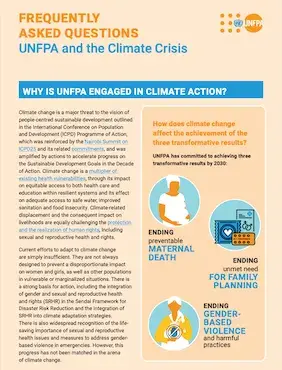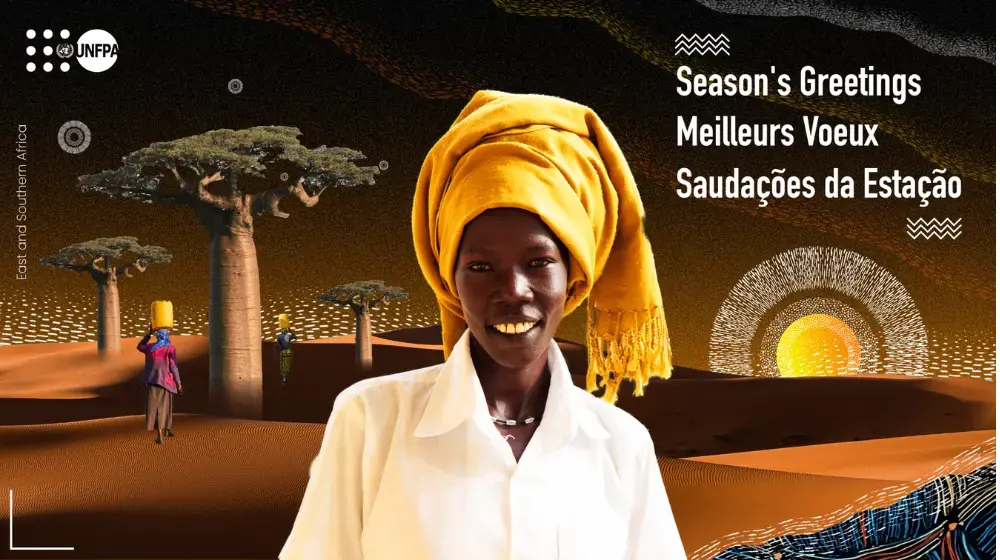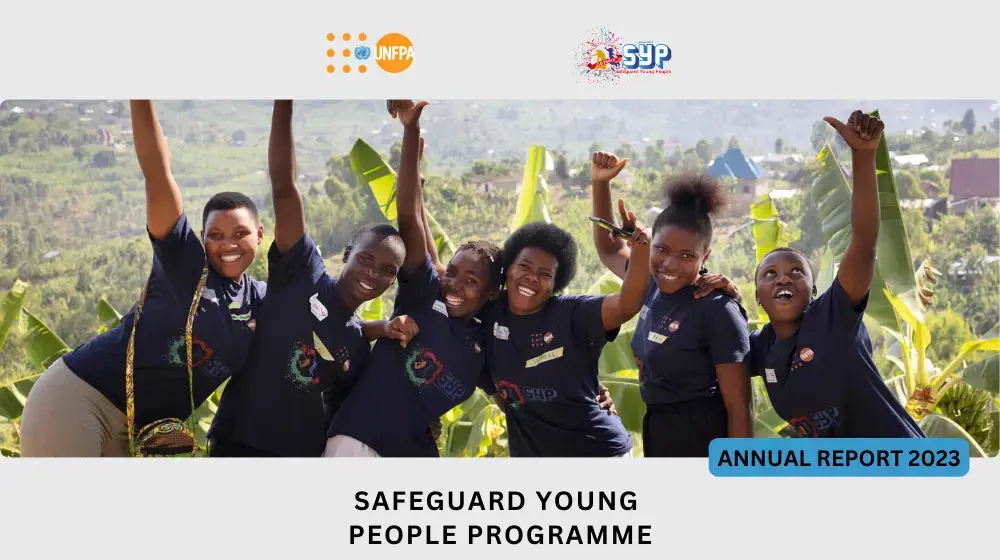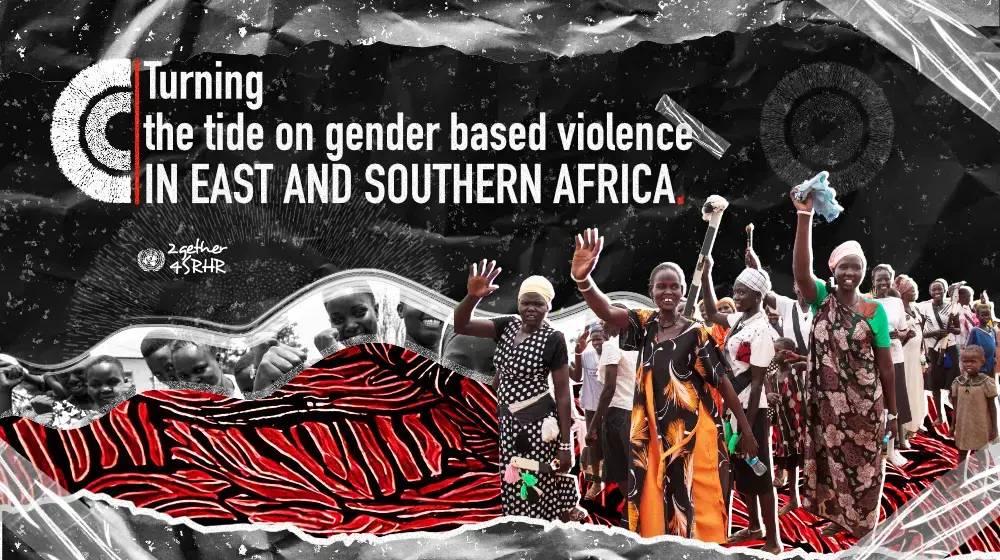Climate change is a major threat to the vision of people-centred sustainable development. It multiplies existing health vulnerabilities, through its impact on equitable access to both health care and education within resilient systems and its effect on adequate access to safe water, improved sanitation and food insecurity. Climate-related displacement and the consequent impact on livelihoods are equally challenging the protection and the realization of human rights, including sexual and reproductive health and rights.
Current efforts to adapt to climate change are simply insufficient. They are not always designed to prevent a disproportionate impact on women and girls, as well as other populations in vulnerable or marginalized situations. There is a strong basis for action, including the integration of gender and sexual and reproductive health and rights (SRHR) in the Sendai Framework for Disaster Risk Reduction and the integration of SRHR into climate adaptation strategies.
There is also widespread recognition of the life-saving importance of sexual and reproductive health issues and measures to address gender-based violence in emergencies. However, this progress has not been matched in the arena of climate change.
Read about why UNFPA is taking up the cudgel for climate action.





